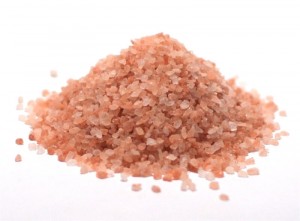
A recent article from The Institute for Responsible Technology gives an overview of studies done from several countries on genetically modified (GM) soy, corn and other crops.
In the U.S. over 90% of all soy and 85% of corn comes from GM seeds. Cotton (88%), canola (83%), and Hawaiian papaya (over 50%) also are predominantly GM plants. Many countries in the European Union as well as other countries worldwide ban the use of GMOs and will not allow the importation of U.S. foods which contain GM ingredients. Long term studies on its safety simply have not been done.
Genetically Modified Organisms (GMOs) are the result of laboratory processes which artificially insert foreign genes into the DNA of food crops or animals. Those genes may come from bacteria, viruses, insects, animals or even humans. Although banned by food manufacturers in Europe and elsewhere, the FDA does not require any safety evaluations. Most Americans say they would not eat GMOs if labeled, but the U.S. does not require labeling. GMOs are not safe, but have been in the food supply since 1996 and are now present in the vast majority of processed foods in the US.
Fertility and reproductive problems have been noted in mice, rats, hamsters, livestock and humans and have been reported by farmers and researchers in the U.S., Russia, Austria, Italy, and India.
“Without detailed tests, no one can pinpoint exactly what is causing the reproductive travesties in Russian hamsters and rats, Italian and Austrian mice, and livestock in India and America. And we can only speculate about the relationship between the introduction of genetically modified foods in 1996, and the corresponding upsurge in low birth weight babies, infertility, and other problems among the US population. But many scientists, physicians, and concerned citizens don’t think that the public should remain the lab animals for the biotech industry’s massive uncontrolled experiment.” The American Academy of Environmental Medicine has called for long-term independent studies, labeling (not currently required in the U.S.), and a moratorium on GM foods until the studies have been completed.
See: The Non-GMO Shopping Guide for lists of foods to avoid and alternatives.
See also: “Spilling the Beans” and “Mother Rats Fed Genetically Modified Soy Led to
56% Mortality of Offspring” at The Institute for Responsible Technology.




